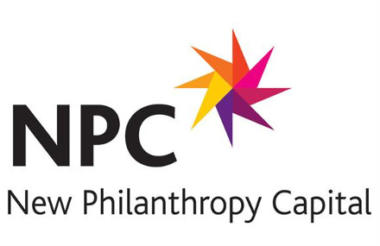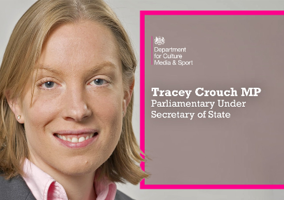Think tank NPC has published a report highlighting eight worldwide trends that could help charities improve impact measurement.
The report, Global innovations in measurement and evaluation, looks at how increased data availability and processing power has enabled organisations to gain insights in ways not previously possible.
NPC picks out eight trends from around the world that it thinks have the greatest potential to improve charities’ measurement, evaluation and programme delivery.
These include remote sensing technology, which the Clean Cookstoves programme has used to detect pollution in people’s homes cross Africa, Asia and North America.
Another example it gives is of palliative care organisations in Australia using shared measurement approaches and benchmark data to share their outcomes data to drive better performance throughout the sector.
The report was informed by interviews with 12 stakeholders, including representatives from Comic Relief and the Department for Business, Energy and Industrial Strategy, feedback from an advisory group, and discussions with project sponsors.
It was funded with by the government as well as Bates Wells Braithwaite, the NSPCC, Oxfam GB and Save the Children.
See in Charity Finance
Anne Kazimirski, report co-author and head of measurement and evaluation at NPC, said: “Traditional, resource intensive and solely retrospective approaches do not meet all our measurement and evaluation needs.
“New approaches, new technologies and big data are allowing us to measure faster and more effectively which should help charities—as well as other players—to really focus on what works and so increase their impact. It is vital that charity leaders embrace this agenda.”
Claire Hutchings, head of programme quality at Oxfam GB, said she hoped the report would help stimulate ideas and further innovation in impact measurement.
She said: “This report highlights examples of how charities and public sector organisations are using evaluation more innovatively to identify what works, for whom and under what conditions in order to inform better service delivery and public policy decisions.”
Related articles












